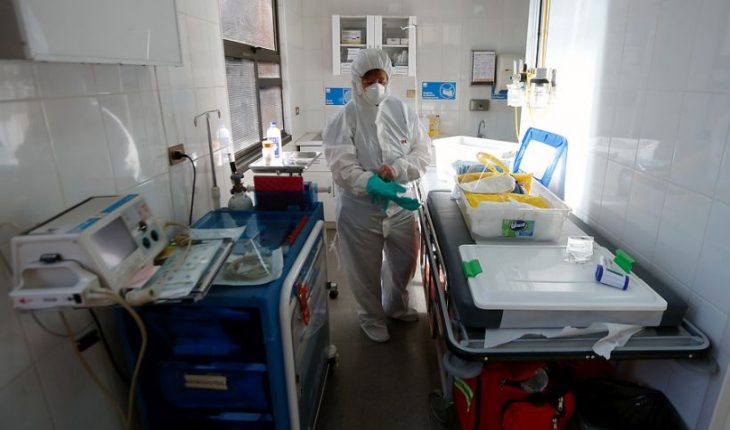The Icovid Report, carried out by the universities of Chile, Catholic and Concepción, with data from the Minsal and the Ministry of Science and Technology, argued that the coronavirus pandemic in the country has slowed the speed of expansion in the central area, but maintains a high burden in extreme areas.
Nationally, the report said, which allocated data until September 19, the pandemic shows a weekly decrease in new cases, influenced by the situation in the Metropolitan Region and the downtown area.
The report argued that testing stabilized at high levels and, despite this, national positivity has not been elevated: “it persists by 6%, with the exception of the Magellan region, where weekly positivity reaches 27%”.
On the situation in the extreme areas, Icovid said they reflect “the heterogeneity and asynchronism of the national epidemic.” “In eight of the 16 regions, each case of Covid-19 continues to infect at least one other case.” The remaining regions, the document says, achieved an average R under one in the week, “which is positive.”
In addition, the balance sheet rated the ICU occupation at 79% and highlighted the early consultation and average laboratory times. “However, there is still ample room to improve, especially when buying laboratory times between regions, where Atacama and La Araucanía show greater difficulty.”
translated from Spanish: Icovid report reported high epidemic burden in extreme areas of the country and decline in central area
September 25, 2020 |





